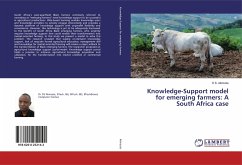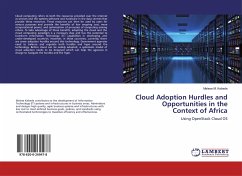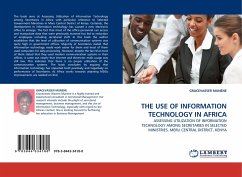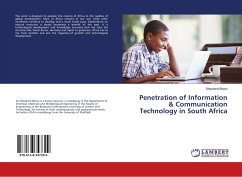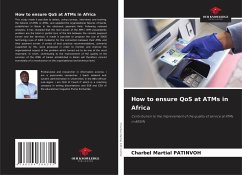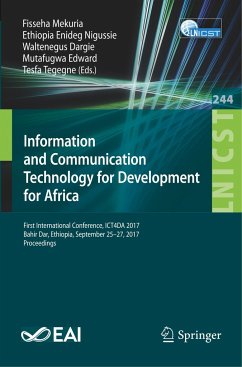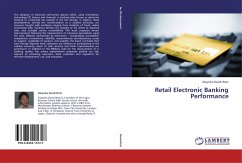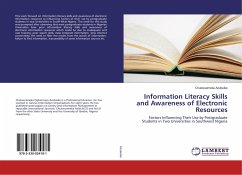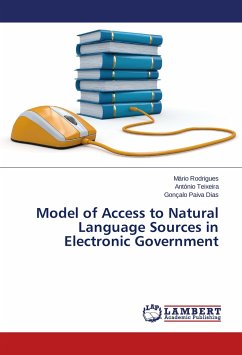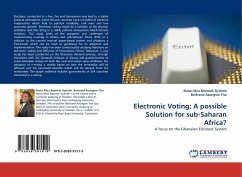
Electronic Voting; A possible Solution for sub-Saharan Africa?
A focus on the Ghanaian Electoral System
Versandkostenfrei!
Versandfertig in 6-10 Tagen
32,99 €
inkl. MwSt.

PAYBACK Punkte
16 °P sammeln!
Elections, conducted in a free, fair and transparent way lead to a stable political atmosphere. Some African countries have a handful of electoral malpractices which lead to political instability, civil wars and low economic growth. Electronic voting might be a solution to the election problems and thus bring in a stable political atmosphere which attracts investors. This study looks at the prospects and challenges of implementing e-voting in Ghana and sub-Saharan Africa (SSA) as a solution to the current manual paper-based system and proposes a framework which can be used as guidelines for it...
Elections, conducted in a free, fair and transparent way lead to a stable political atmosphere. Some African countries have a handful of electoral malpractices which lead to political instability, civil wars and low economic growth. Electronic voting might be a solution to the election problems and thus bring in a stable political atmosphere which attracts investors. This study looks at the prospects and challenges of implementing e-voting in Ghana and sub-Saharan Africa (SSA) as a solution to the current manual paper-based system and proposes a framework which can be used as guidelines for its adoption and implementation. The study has been conducted by studying literature on electronic voting and Diffusion of Innovations Theory. Moreover, a case study has been conducted on the Ghanaian electoral process, through interviews with the Danquah Institute of Ghana and questionnaires to some Ghanaian citizens in both the rural and urban areas of Ghana. The adoption of e-voting is mainly based on how the innovation will be diffused and the perceived benefits which will be derived from the investment. The target audience includes governments of SSA countries interested in e-voting.



